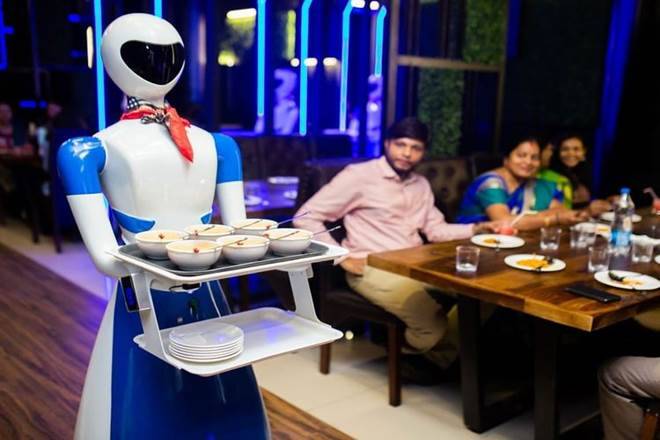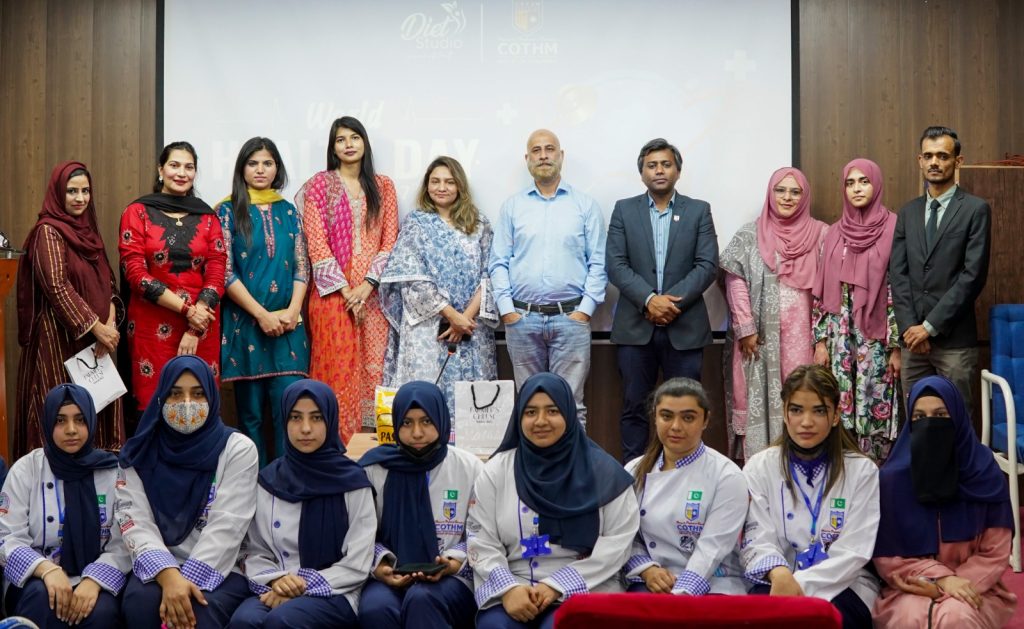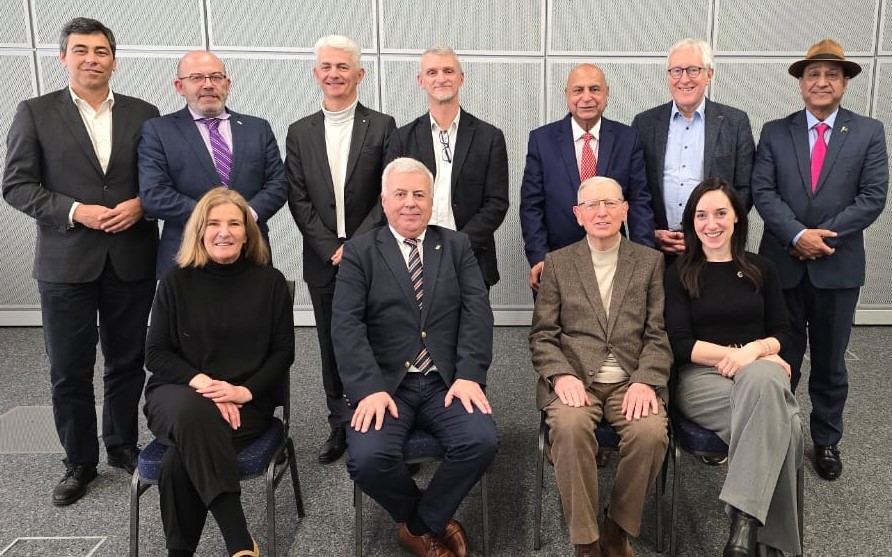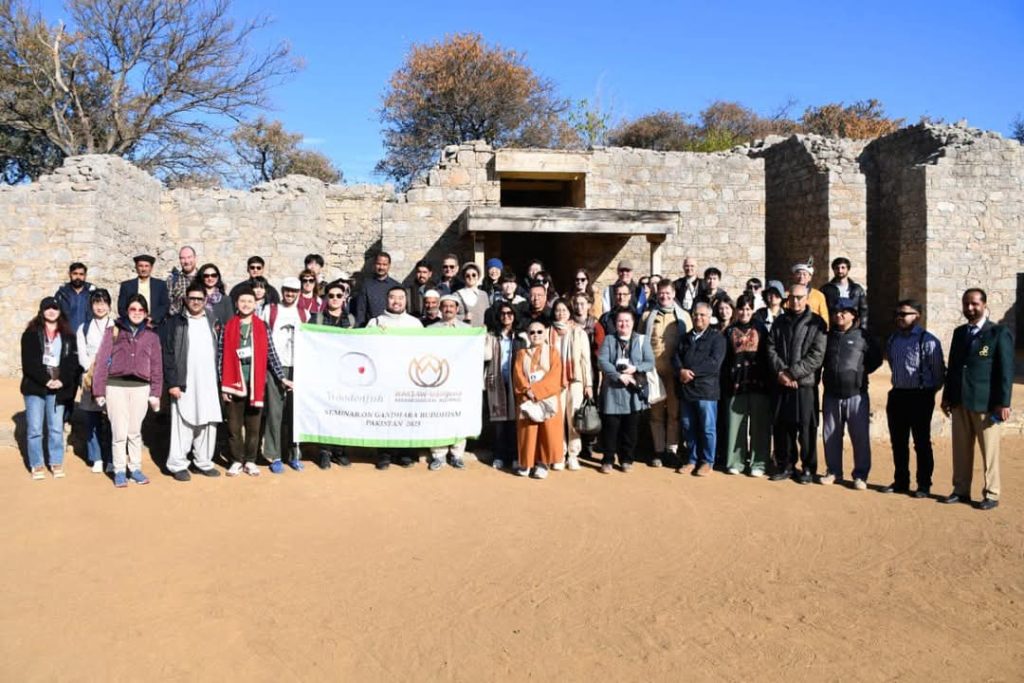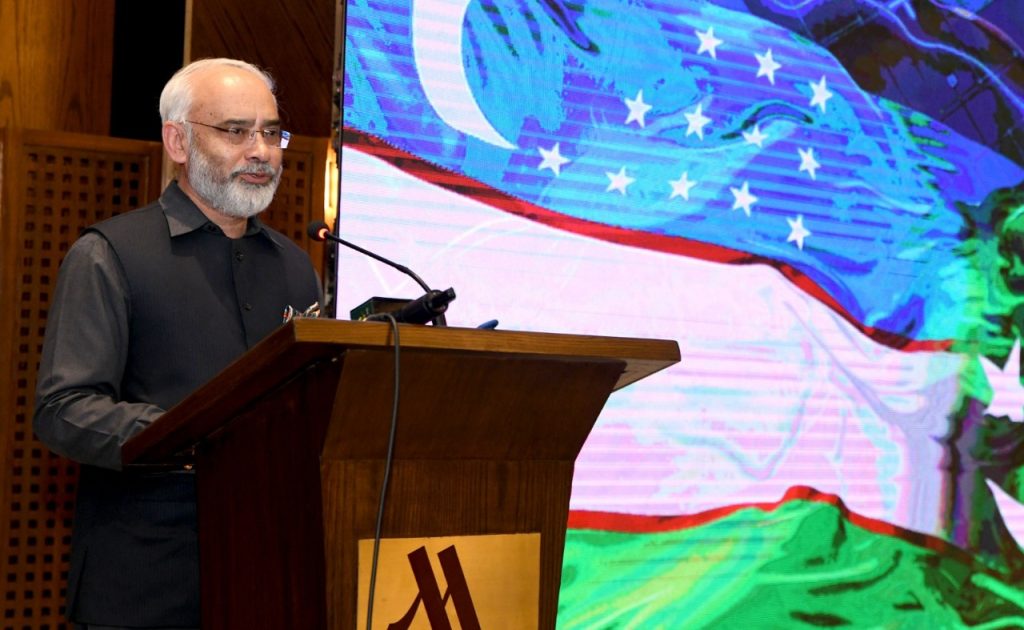The hospitality industry is in a constant state of evolution, shaped by changing consumer preferences, technological advancements, and global trends. In recent years, several emerging trends have been reshaping the landscape of hospitality, promising to redefine the way we experience and engage with accommodation, dining, and travel.
- Technology Integration
One of the most prominent trends in the hospitality sector is the seamless integration of technology. From smart room controls and mobile check-ins to artificial intelligence-driven concierge services, technology is enhancing both the efficiency of operations and the overall guest experience. Hotels are investing in innovative solutions to personalize stays, predict guest preferences, and streamline processes, creating a more convenient and connected environment.
- Sustainability as a Standard
Sustainability has evolved from a niche concern to a fundamental expectation in the hospitality industry. With increased awareness of environmental issues, travelers are actively seeking eco-friendly and socially responsible accommodations. Hotels are responding by implementing green practices, such as energy-efficient systems, waste reduction initiatives, and sourcing local, organic products. Sustainability is not just a trend but a growing necessity that shapes the industry’s future.
- Rise of Boutique and Niche Offerings
While major hotel chains continue to thrive, there is a notable surge in the popularity of boutique and niche accommodations. Travelers are seeking unique and personalized experiences, prompting the rise of smaller, independent hotels that offer distinct themes, designs, and atmospheres. This shift reflects a desire for authenticity and a departure from standardized, cookie-cutter accommodations.
- Contactless Experiences
The global pandemic accelerated the adoption of contactless technologies in the hospitality sector. From touchless check-ins to digital room keys and mobile payments, minimizing physical contact has become a priority. This trend not only addresses health concerns but also aligns with the growing preference for streamlined and efficient services that cater to the on-the-go lifestyle of modern travelers.
- Personalization through Data Analytics
The vast amount of data generated by guests’ interactions with hotels is becoming a valuable resource for personalization. Through data analytics, hotels can anticipate guest needs, preferences, and behaviors, allowing for highly personalized services. From recommending personalized amenities to curating targeted promotions, this data-driven approach enhances guest satisfaction and loyalty.
- Wellness and Well-being Focus
Wellness is no longer limited to spa services; it has become a holistic approach to hospitality. Travelers are prioritizing well-being, and hotels are responding by offering fitness programs, healthy dining options, and wellness amenities. Some establishments are even integrating wellness technologies, such as circadian lighting and air purification systems, to create an environment that promotes health and rejuvenation.
- Remote Work Integration
With the rise of remote work, hotels are adapting to cater to the needs of the “workcation” trend. Offering comfortable workspaces, high-speed internet, and business-friendly amenities, hotels are becoming temporary offices for those who wish to combine work and leisure. This trend reflects a shift in how people view travel, seeking destinations that provide a balance between professional responsibilities and relaxation.
In conclusion, the hospitality industry is undergoing a transformative period, marked by technological advancements, a focus on sustainability, and a shift toward personalized and unique experiences. As travelers’ expectations continue to evolve, successful establishments will be those that embrace these emerging trends, staying ahead of the curve to provide memorable and relevant experiences in the ever-changing world of hospitality.

